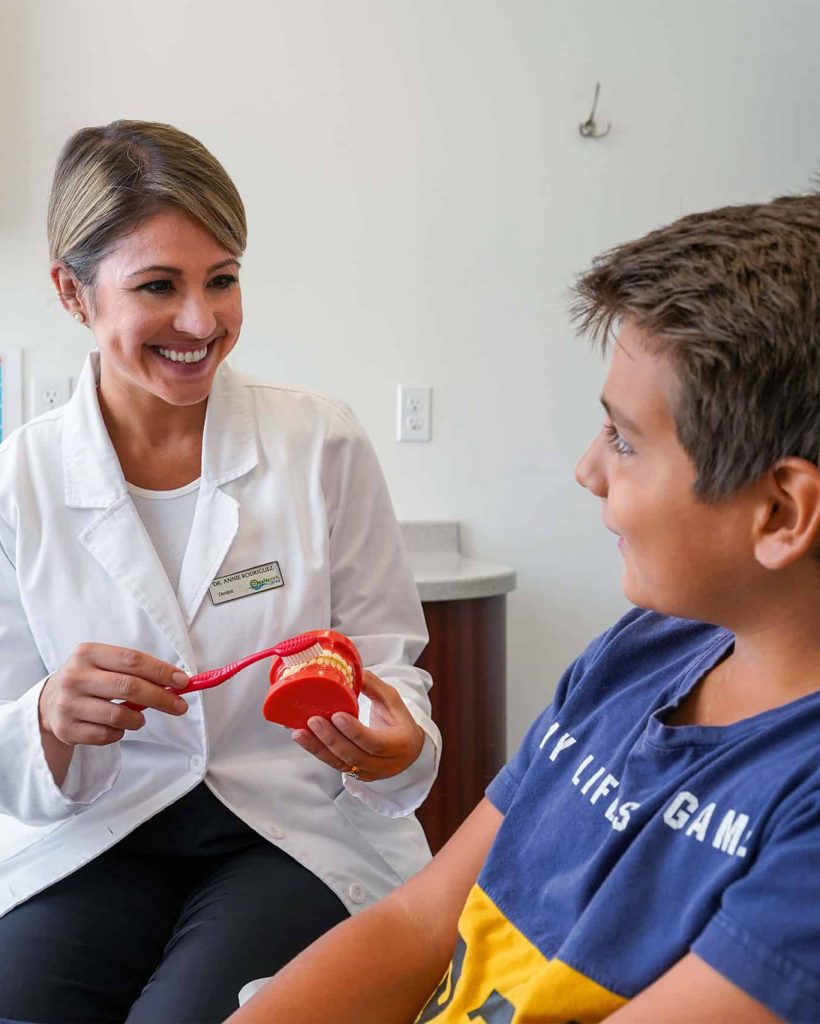Newmarket Cracked Teeth
- Home
- Services
- Emergency Dentistry
- Cracked Teeth
Cracked Tooth Treatment in Newmarket
Emergency Care for Cracked Teeth: Immediate Treatment & Relief
A cracked tooth requires immediate professional attention to prevent further damage and relieve pain. At Oasispark Dental, we provide expert emergency care for cracked teeth, using advanced techniques and modern materials to save your tooth & restore your smile.

The Benefits of Professional Cracked Tooth Treatment
Prompt treatment of cracked teeth delivers crucial oral health benefits. Our treatments:
- Prevent further damage and tooth loss by addressing cracks before they extend into the root
- Relieve pain and sensitivity immediately, allowing you to eat and drink comfortably again
- Stop bacterial invasion that could lead to infection and more serious complications
- Restore tooth strength and function using advanced materials and techniques that protect your natural tooth
By seeking immediate treatment for a cracked tooth, you can avoid tooth loss and prevent more extensive dental procedures.
What to Expect During Your Treatment
Your emergency visit begins with a thorough examination to determine the extent and location of the crack. Using advanced imaging, we assess the damage and develop the most appropriate treatment plan. Depending on the severity, treatment options may include bonding, crowns, or other restorative procedures.
The affected area is completely numbed for your comfort during treatment. We use state-of-the-art materials to repair the crack and strengthen your tooth against future damage. Most treatments can be completed in a single emergency visit, though some cases may require follow-up care.
Book A Free Consultation
Call (905) 953-8115
for emergency services or fill out the form below to book an appointment.
Other Dental Services
Office Hours
- Monday: 9 AM–5 PM
- Tuesday: 9 AM–5 PM
- Wednesday: 9 AM–6 PM
- Thursday: 9 AM–7 PM
- Friday: 9 AM–2 PM
- Saturday: 9 AM–2 PM
- Sunday: Closed


Everything You Need To Know About Your Dental Care
Frequently Asked Questions
At Oasispark Dental, we understand that you may have questions about your oral health and the dental services we provide. That’s why we’ve compiled answers to some of the most common questions we receive. If you don’t see your question here, feel free to reach out to our team—we’re always happy to help!
Common signs include sharp pain when biting, sensitivity to hot and cold, and intermittent tooth pain. Some cracks may only be visible through dental examination.
No, we use effective local anesthesia to ensure your comfort throughout the procedure. Any post-treatment discomfort is typically mild and manageable.
Most emergency treatments for cracked teeth take 60-90 minutes, though time varies based on the complexity of the crack and necessary treatment.
Untreated cracks can lead to severe pain, tooth infection, abscess formation, and eventual tooth loss. Early intervention is crucial for saving the tooth.
Need A Consultation?
Give us a call or contact us through our contact form for more information on how to set up your complimentary consultation!
